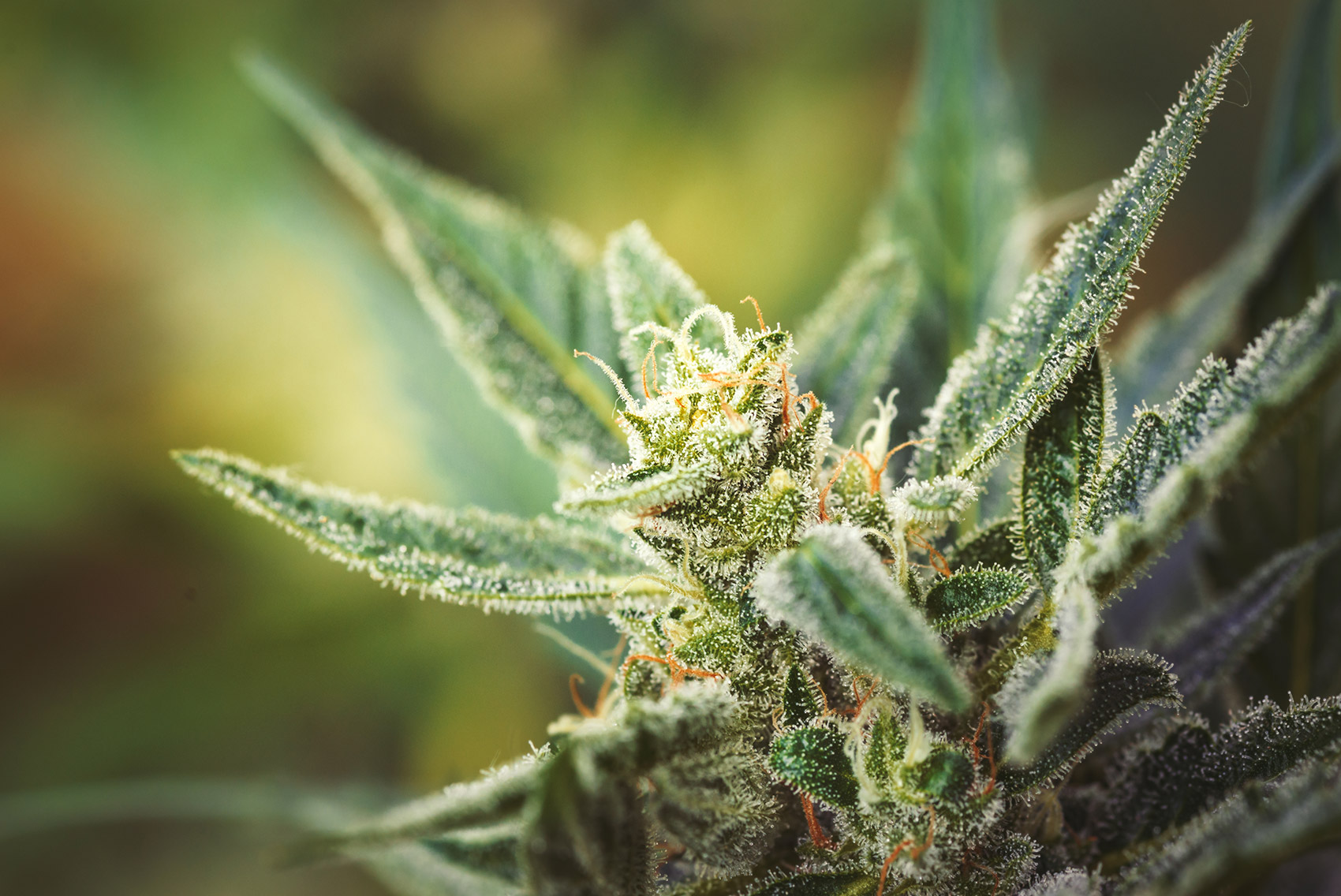Growing public interest in the potential health benefits of CBD is leading to an explosion of new CBD products in the market, giving patients and wellness enthusiasts an ever-increasing array of options. However, consumers are now faced with a choice between products made from CBD Isolate or Full Spectrum CBD, amid an ongoing debate over the efficacy of one vs. the other. So, what exactly is the difference between Full Spectrum CBD and CBD Isolate and is there any research-driven data that suggests one might offer better therapeutic benefits than the other?
Let’s start with definitions: Full-spectrum CBD, also referred to as Whole Plant CBD, describes products derived from the whole hemp plant, keeping intact its rich terpenes, flavonoids, more than 100 additional cannabinoids, including CBG, CBN, THCV, as well as naturally occurring essential vitamins, minerals and fatty acids. All these plant compounds are believed to interact with and enhance the properties of CBD, which has been coined the “entourage effect.” THC content in Full-spectrum CBD products must be below the legal 0.3% mandate.
CBD Isolate, otherwise known as single molecule CBD, literally only contains the CBD molecule. The extraction process strips out all other cannabinoids, including THC, as well as any terpenes, flavonoids, essential vitamins, minerals and fatty acids naturally occurring in the hemp plant. CBD isolate often comes as a white powder or is mixed with a carrier oil such as MCT oil. CBD isolate has no taste or odor. CBD isolate can be both naturally-derived from the cannabis plant or synthetic.
There is research, including a 2015 study entitled “Overcoming the Bell‐Shaped Dose‐Response of Cannabidiol by Using Cannabis Extract Enriched in Cannabidiol,” that underscores how Full Spectrum CBD is more effective for clinical and medical purposes than CBD isolate. The aforementioned study, which was conducted at the Hebrew University of Jerusalem, states “single-molecule CBD administration generated a bell-shaped dose-response curve with a narrow therapeutic window. But a different dose response pattern was observed when a whole plant CBD-rich variety (consisting of 17.9 percent CBD, 1.1 percent THC, 1.1 percent cannabichromene (CBC), 0.2 percent cannabigerol (CBG), and “traces” of cannabinol (CBN) and cannabivarol (CBDV)) was administered to mice. Rather than showing a bell-shaped curve, where a therapeutic effect could only be achieved at a certain concentration of pure CBD, the whole plant CBD-rich extract caused a direct, dose-dependent inhibition of pain, inflammation, and TNFa production.” The Israeli research team concluded that “in stark contrast to purified CBD, the whole-plant extract provided a clear correlation between the anti-inflammatory and anti-nociceptive responses and the dose, with increasing responses upon increasing doses, which makes this plant medicine ideal for clinical uses.”
Furthermore, there is research that points to more potential drug interactions with CBD Isolate, compared to Full-spectrum CBD products. According to the Primer on Cannabinoid-Drug Interactions, released by Project CBD in late 2018, “based on observations regarding the widespread use of raw cannabis flower and full-spectrum cannabis oil, it does not appear that there have been many problems because of cannabinoid-drug interactions…To the extent that there have been problematic drug interactions with cannabinoids, these have involved high doses of nearly pure CBD isolates, not cannabis in general… CBD is intrinsically safe, but when extracted from the plant and concentrated as an isolate, high doses are necessary for therapeutic efficacy – unlike whole plant CBD-rich extracts, which have a broader therapeutic window and are effective at lower doses than single-molecule CBD. Drug interactions are much more likely with high dose CBD therapy than other forms of cannabis consumption. Physicians and patients should be concerned about this, given that the current regulatory regime privileges CBD isolates over artisanal, plant-derived, multicomponent formulations.”
Note that while full-spectrum CBD appears to more effective than CBD Isolate, this does not discredit the effectiveness of CBD Isolate. And, at times CBD Isolate may be the only option if a person is either not allowed to or doesn’t desire to consume any THC (even when below 0.3% legal limit).
The University of Utah study we have funded in early 2018 is diving further into this contested topic to explore personalized brain effects of CBD isolate, Full-spectrum CBD vs THC on individuals at functional and molecular levels. The researchers will analyze how each compound may result in varying changes across entire brain networks and neuropsychological functioning. The findings of this groundbreaking study, expected to be published within the next year, have the potential to shape the developing field of cannabinoid therapy by understanding not only the personalized effects of cannabinoids, but also determining any efficacy variations in isolate vs. whole plant-based delivery.


